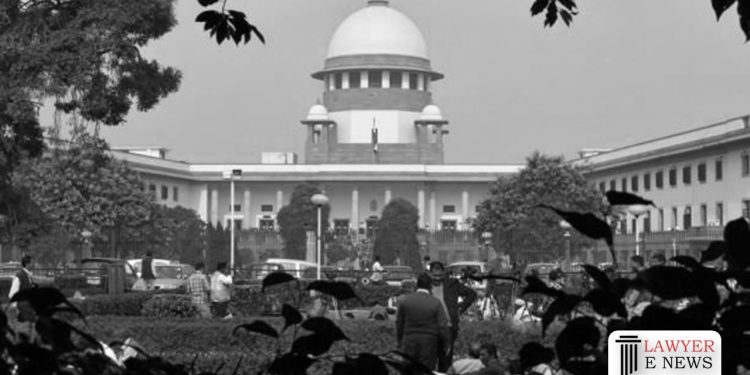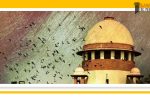Findings in Income Tax Proceedings Not Conclusive for Criminal Cases: Supreme Court

In a significant ruling, the Supreme Court today upheld the framing of charges against Puneet Sabharwal and R.C. Sabharwal in a disproportionate assets case, asserting that findings in income tax proceedings do not hold conclusive value in criminal trials. The bench, led by Justices Vikram Nath and K.V. Viswanathan, stated, “The probative value of income tax returns/orders does not ipso facto either conclusively prove or disprove a charge” ([Para 33]), thereby dismissing the appeals filed by the Sabharwals under the Prevention of Corruption Act, 1988.
Legal Point of the Judgement
The judgment hinged on the delineation between the outcomes in income tax assessments and their influence on criminal proceedings. The Supreme Court addressed whether conclusions drawn by the Income Tax Appellate Tribunal in the appellants’ favor could affect the ongoing criminal prosecution for alleged possession of disproportionate assets.
Facts and Issues
Charges were leveled against the Sabharwals for holding assets that were allegedly disproportionate to their known sources of income. The defense leaned on the Income Tax Appellate Tribunal’s decision, which hadn’t found substantial evidence against them in the tax-related proceedings.
Court’s Assessment
The apex court firmly differentiated the standards of proof in criminal law from those in income tax proceedings. It emphasized that income tax assessments and orders are not definitive in criminal trials, stating, “Income tax returns and orders are not by themselves conclusive proof” ([Para 29]). The court noted that the income tax proceedings’ findings couldn’t nullify the criminal charges. It further reiterated the principle that the framing of charges in a criminal trial does not demand conclusive proof of guilt, underlining that a strong suspicion based on material evidence is sufficient at this stage, with full defenses reserved for the trial ([Paras 43-44]).
Decision
Rejecting the appeals of Puneet and R.C. Sabharwal, the Supreme Court found no grounds to discharge them from the charges under the Prevention of Corruption Act. The court ordered a swift conclusion to the trial, clarifying that the observations made were specific to the context of discharge proceedings ([Para 46]).
Date of Decision: March 19, 2024
Puneet Sabharwal vs CBI






